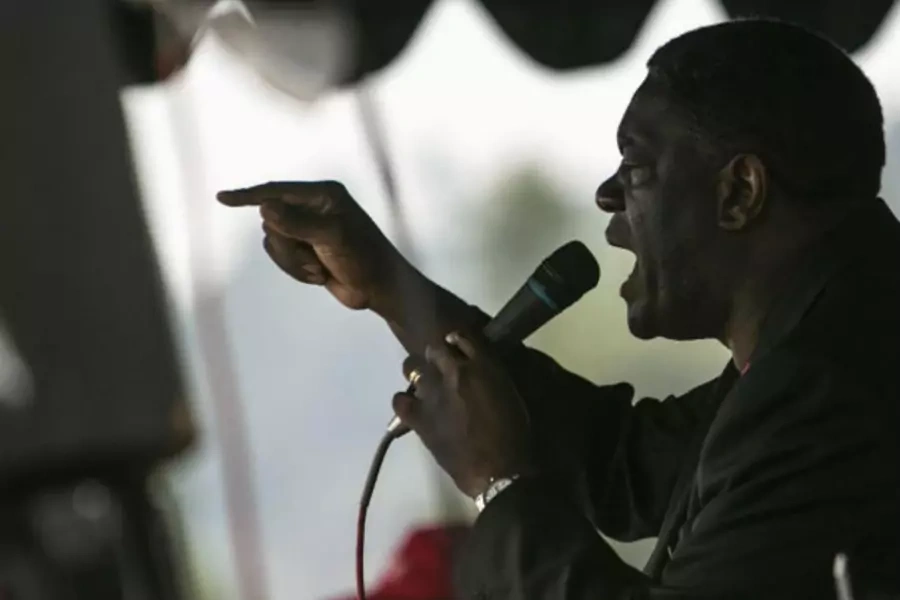More on:
This is a guest post by Emily Mellgard, research associate for the Council on Foreign Relations Africa Studies program.
The Democratic Republic of the Congo (DRC) has been back in the media over the past few days with the news that the UN mission MONUSCO and the DRC military (FARDC) have succeeded in pushing the M23 rebels out of many of their fortified positions and into the jungles along the border with Rwanda.
This current struggle against the M23 rebels (who take their name after the government peace agreement of March 23, 2009, on which they claim the government reneged), is only the most recent of almost continuous exploitation and violence in the region since it came under the Belgian monarchy’s rule in 1885.
The violence against women has been particularly horrific. The DRC has been called “the rape capital of the world,” and “the worst place to be a woman.” Hundreds of thousands of women have been sexually harassed and raped. We have blogged previously on some of the attitudes on rape in the DRC and on its use as a weapon of war.
One pioneering Congolese gynecologist and surgeon, however, has gained international accolades and domestic heroism for his work with victims of rape in his country. Dr. Denis Mukwege founded the Panzi Hospital in Bukavu, near the DRC-Rwanda border in 1999. The hospital specializes in obstetrics and gynaecology, paediatrics, surgery, and internal medicine. It has treated over 40,000 victims of sexual violence.
Dr. Mukwege says: “The perpetrators of these crimes destroy life at its entry point. The women can no longer have children. Often they get infected with AIDS… Their men are humiliated. So the perpetrators destroy the entire social fabric of their enemies, their communities, their future generations, without even killing the woman. A line has been crossed here, which should have been an absolute taboo. But because those parts of the body are not usually visible, it is not as obvious as other forms of mutilation.”
After an attempt to assassinate him in October 2012, Dr. Mukwege fled to Europe with his family. He returned however in January 2013 to live full time at the hospital. There was an outpouring of support from fellow Congolese after the attack on him, and local women’s groups promised that they would protect him. They volunteered to guard him around the clock in shifts of twenty women each.
For his work among the victims of war and insecurity, Dr. Mukwege was nominated for the Nobel Peace Prize, and has received the UN Human Rights Prize (2008), the Olof Palme Prize (2009), and the King Baudouin International Development Prize (2011). In 2009, the Nigerian newspaper Daily Trust named him “African of the Year.” He received the 2013 Human Rights First Award. And on 15 October, 2013, he received the Civil Courage Prize from the Train Foundation.
Dr. Mukwege believes that the DRC needs “a professional, predominantly female, police force and an army that protects its people and excludes those who have destroyed the country.” Should M23 be defeated, building such institutions will be key to ensuring future stability, and the rights of all Congolese, especially women.
More on:
 Online Store
Online Store
